Paul Cairney is Professor of Politics and Public Policy, University of Stirling, UK (@Cairneypaul). He combines insights from policymaking research and works with many different people to apply these insights to real world problems.
Paul is often struck by the difference between his understanding of policymaking and the perspectives of those seeking to influence policymakers or to use policy-relevant evidence. These differences have prompted him to ask big questions about how to engage with policymakers: should policy analysts propose ambitious long-term reforms, to help reduce inequalities and improve the lives of marginalised groups, or stick to what is technically and politically feasible in the short-term? Should we hold governments to account for their formal responsibilities, statements of intent, and policy outcomes, or in relation to what they can actually do?
In response Paul offers the combination of insights from policymaking research to give us a language and way of thinking about policy problems, and to encourage learning between citizens, practitioners, and policymakers.

Sarah Morton is Co-Director and founder of Matter of Focus, a company that offers tech and consultancy to help organisations use data and evidence better in their everyday work.
Sarah is internationally recognised for her work developing innovative approaches to ensure that decision-makers have access to the best evidence for taking organisations, policies and practices forward. She led knowledge exchange work at the University of Edinburgh from 2001-2017, before setting up her company Matter of Focus. She has worked in policy and practice influencing roles, in the third and public sector, and supported impact work across many organisations including NHS, large and small charities, UNICEF, Scottish Government, universities and public bodies.
She has supported researchers in the UK, Canada and Australia with research impact work, and developed a research impact assessment method that has been widely used. She has carried out 7 independent impact studies, including 14 case studies, of research centres and initiatives across 8 countries around the world.
